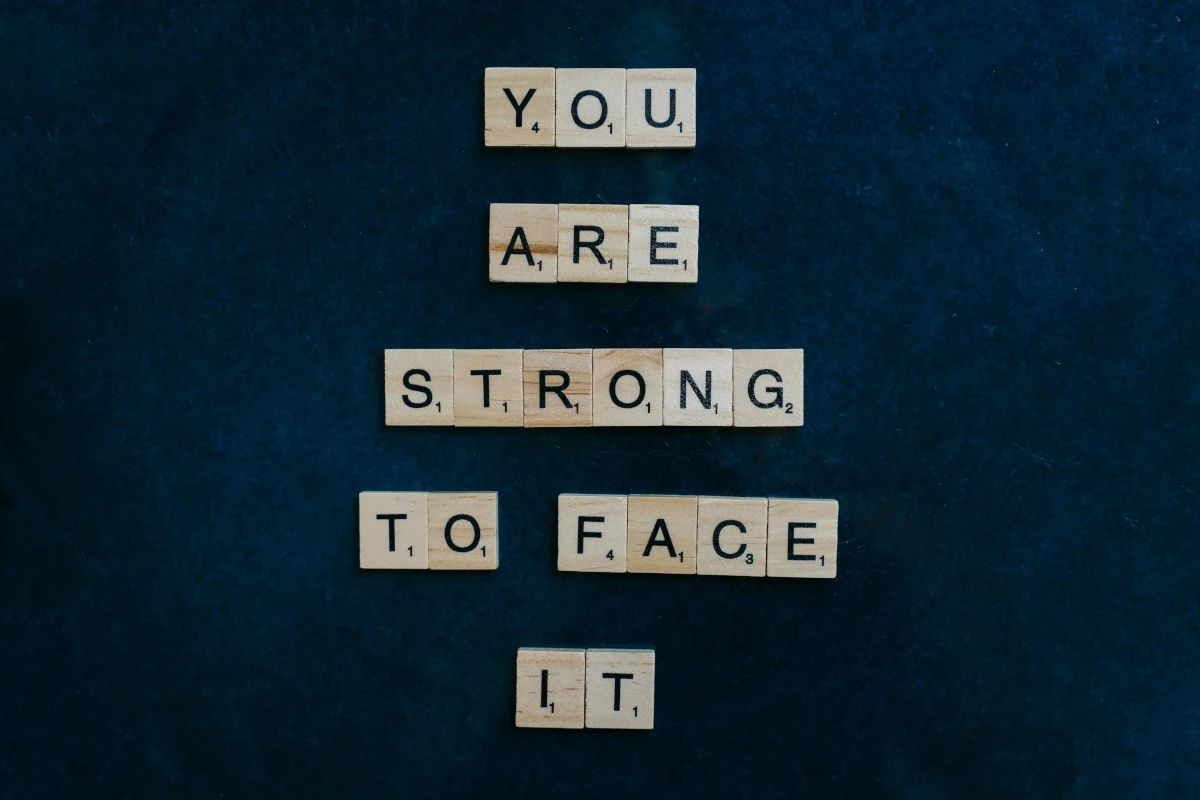Life After Cancer: From Diagnosis to Recovery
The Canadian Cancer Society estimates that an average of 675 people in Canada will be diagnosed with cancer—and 241 people will die from it—every day in 2024. The words “you have cancer” instantly shift your world. Overnight, the life you envisioned is overtaken by fear, uncertainty, and a complex medical journey, introducing you to a new normal. As both a therapist and someone who has supported many clients through this process, I’ve seen how profoundly a cancer diagnosis can disrupt even the most resilient, emotionally intelligent individuals.
But I’ve also seen something else—something just as powerful. I've seen how deeply capable people are of finding resilience, clarity, and even transformation. This post is for those currently navigating cancer, or walking alongside someone who is. Together, let’s explore how to reclaim your agency and purpose from diagnosis to recovery.
Coping with a Cancer Diagnosis: The Emotional Aftermath
The early days post-diagnosis can feel like emotional whiplash. One moment you’re making vacation plans or considering a career move. Next, you're scheduling cancer treatments and Googling survival rates. This disorienting shift can feel overwhelming.
Start here: your feelings are valid. Anger, fear, numbness, grief—these are not weaknesses but human responses to a seismic life event. One of the biggest emotional traps I see in my clients is the belief that they need to "stay positive" 24/7. That mindset adds another layer of guilt to an already heavy emotional load.
Some strategies that can help during this phase:
- Create a containment schedule: Designate specific times to process emotions, research, or talk about cancer. This structure helps prevent emotional burnout and allows you to live your life beyond the diagnosis.
- Seek professional support early: A therapist trained in psycho-oncology can be an emotional anchor, providing both practical tools and a safe space—before a crisis point is reached.
- Curate your information intake: Work with your medical team to filter the information you consume. Too much, too soon can be more paralyzing than helpful.
- Communicate your needs clearly: Most people want to support you—they just don’t know how. Let them know what you need, whether it’s help with errands or space to process.
Strategies for Building Resilience During Treatment
Cancer treatment brings its own set of challenges—physical discomfort, unpredictable schedules, and the psychological weight of fighting something invisible. While you can’t control every part of the cancer journey, there are powerful ways and resources to stay grounded.
Resilient clients often embrace these practices:
- Reclaim agency through micro-choices: Choose small comforts—your go-to tea, a favourite playlist, a mantra for appointments. These actions reassert a sense of control.
- Adopt a responsive mindset: Instead of reacting with fear, ask yourself, "How can I work with this reality?" This mental shift can create space for hope and action.
- Practice radical self-compassion: Now is not the time for self-improvement marathons. Treat yourself with the kindness you’d show a loved one in crisis.
- Find your meaning anchors: Whether through creativity, spirituality, relationships, or intellectual pursuits, reconnecting with your passions reminds you that you are more than your diagnosis.
One of my clients—a high-achieving executive—said her daily five-minute gratitude journal helped her “keep the light on” during chemotherapy. Another relied on brief mindfulness meditations to manage scanxiety and stay grounded.
Thriving After Cancer: Redefining Life Post-Treatment
Finishing treatment brings a swirl of emotions—relief, fear, and uncertainty about life after cancer. While loved ones may expect a quick return to "normal," healing emotionally often takes more time.
Here’s how you can begin to thrive:
- Redefine your relationship with uncertainty: Rather than fearing the unknown, learn to coexist with it. Accepting uncertainty makes room for possibility and future planning.
- Integrate the experience: Cancer is a chapter in your story, not your whole narrative. For some, healing means advocacy. For others, it means quiet reflection. There’s no one right path.
- Reassess your priorities: Cancer often clarifies what truly matters. Use that insight to realign your time and energy with what brings you joy and fulfillment.
- Embrace your evolved self: You’ve changed. And that’s not a bad thing. Many survivors find deeper compassion, a clearer sense of purpose, and an unexpected inner strength.
One client, a lifelong perfectionist, now starts each day asking, “What would make today meaningful?” Another used her experience to launch a support group for newly diagnosed patients.
Final Thoughts: You Can Thrive
Healing isn’t linear. You’ll face setbacks, anniversaries, and anxieties that pull you back. But each time, your resilience will deepen. You’ll gain tools to handle life’s challenges, and most importantly, you’ll realize that life after cancer can be just as full—if not more so.
Cancer may have entered your life uninvited. But how you respond remains within your power. Whether you’re newly diagnosed, undergoing treatment, or navigating survivorship, you don’t have to walk this path alone.
Take the first step. Reach out. Reclaim your life in this new normal—not just to survive, but to thrive.
I’m here with you every step of the way.









